Call for Abstracts
Call for abstract deadline extended to 1 August
We are delighted to extend an invitation to aged care providers and professionals, researchers, thought leaders and suppliers to present at the Ageing Australia National Conference 2025.
We are seeking industry experts with lived experience, learned knowledge or visionary ideas to share insights, exchange knowledge and discuss advancements in all aspects of aged care – to encourage our delegates to achieve excellence across their operations. Our goal is to curate a diverse and comprehensive program that is strategic, solutions oriented, thought provoking and future focused, which is consistent with our conference theme ‘Meeting the moment. Shaping the future.’
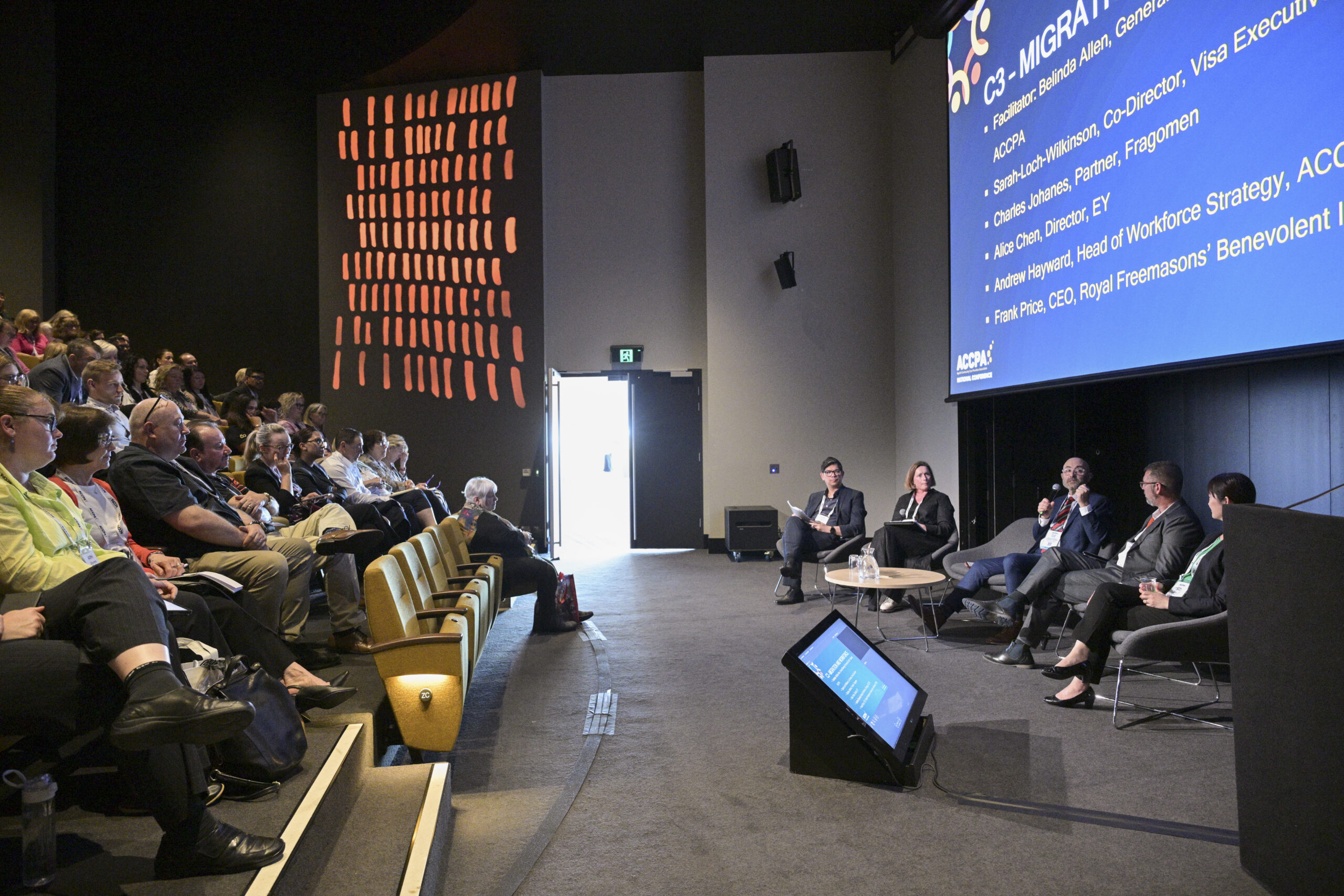

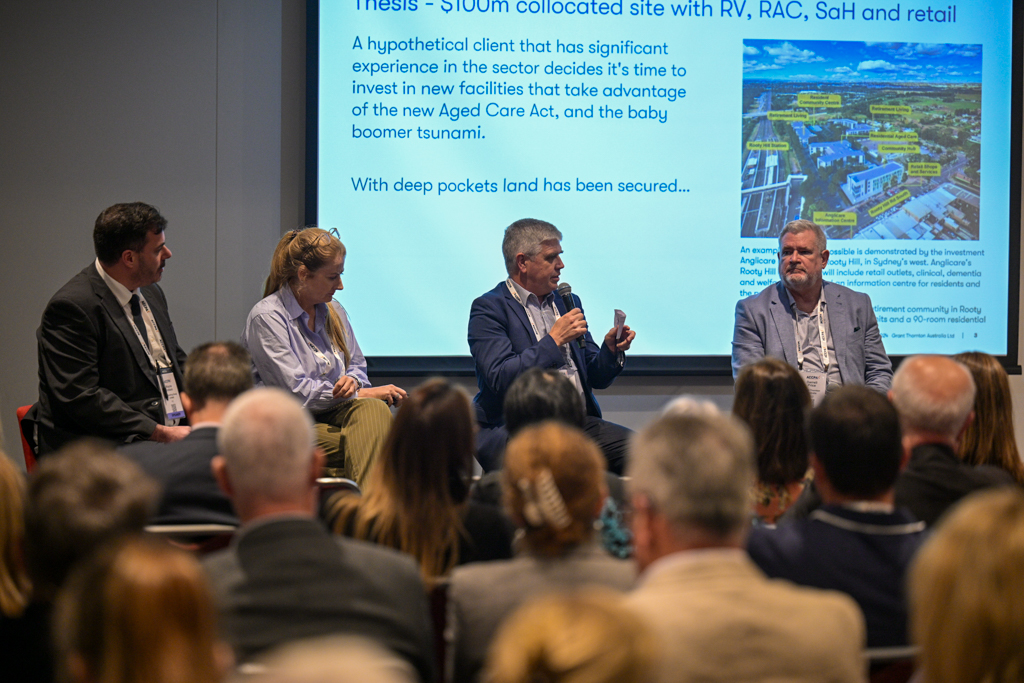
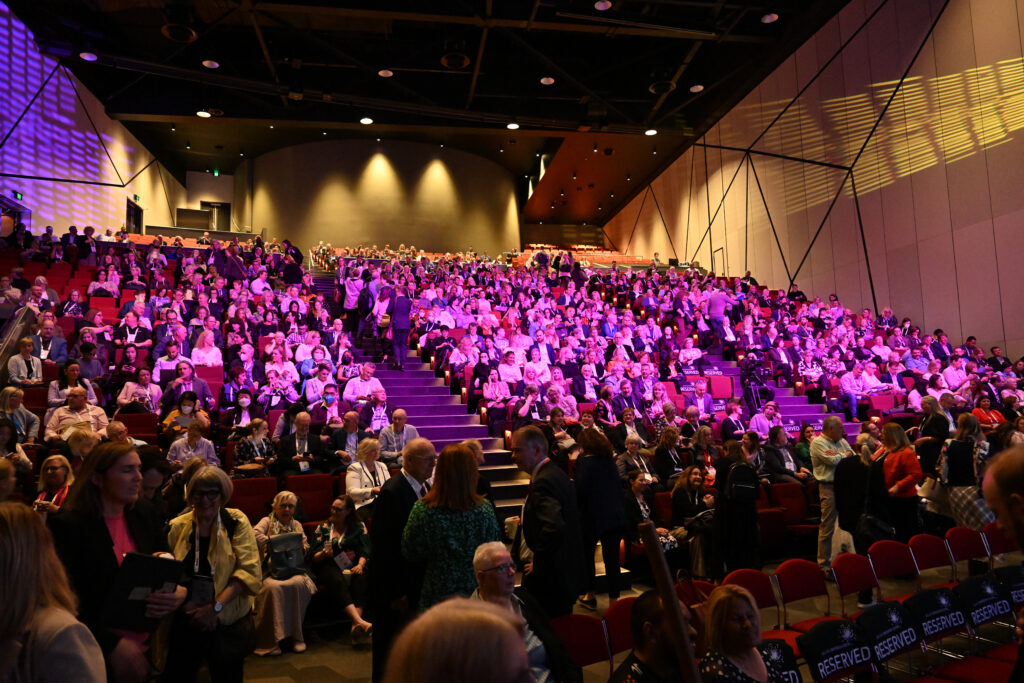
Abstract categories
Click on the topic heading to expand for more information.
1. People Power: Building and Sustaining the Aged Care Workforce
The aged care sector continues to face a critical staffing shortage amidst growing demand. We’re seeking forward-thinking ideas and real-world examples that show how to attract, train, support and retain a capable, diverse, and future-ready workforce.
We are seeking abstracts that explore:
- Emerging workforce trends and innovations
- Regional and remote staffing strategies
- Mentoring, leadership pipelines, and succession plans
- Retention tactics and resilience-building
- Engaging the next generation and promoting aged care careers
- International recruitment pathways
- Informal caregiving and volunteer engagement
- supporting informal caregivers and volunteers
2. Leaders Who Lift: Evolving Leadership in Aged Care
Aged care leaders are navigating enormous responsibility — from driving performance and compliance to leading culture and care transformation. This category invites stories and strategies that strengthen leadership capability across all levels.
We are seeking abstracts that explore:
- Cultivating future leaders and succession planning
- Programs that build confident, capable leadership
- Skills for leading high-performing, values-driven teams
- Engaging emerging leaders and cross-generational leadership
- Leadership in times of change and challenge
3. Strength in Stewardship: Governance That Drives Impact
Good governance is the foundation for safe, sustainable, and accountable aged care. This category explores how providers are strengthening their systems to manage risk, meet legislative expectations, and ensure quality outcomes.
We are seeking abstracts that explore:
- Risk and compliance frameworks
- Strategic governance and board development
- Clinical governance in practice
- Ethical leadership and legal considerations
- Building internal capability and governance maturity
4. Next-Gen Care: Technology, Innovation and Data in Action
Innovation and digital transformation are reshaping aged care delivery. This category explores how providers are adopting new technologies, business models, and ways of thinking to enhance service quality, efficiency, and experience.
We are seeking abstracts that explore:
- Innovative business models
- AI, telehealth, and digital health applications
- Data insights and cybersecurity
- Digital tools that enable workforce and client outcomes
- Service innovation in rural and remote settings
- Co-designing innovation with staff and consumers
5. Informed Excellence: Research That Drives Better Care
From pilot programs to peer-reviewed studies, aged care needs robust evidence to drive quality. This category invites presentations that demonstrate how research and real-world data are shaping aged care strategy, practice, and outcomes.
We are seeking abstracts that explore:
- Ground-breaking studies and pilot results
- Translating research into daily practice
- Real-world case studies and best-practice initiatives
- Research into the consumer experience
6. The Global View: International Practice and Perspectives
Australia continues to make significant strides toward delivering high-quality aged care, yet there is much to gain from looking beyond our borders. International experiences offer fresh ideas, proven approaches, and diverse cultural perspectives that can spark innovation and improvement. What international learnings can help shape the next evolution of aged care in Australia?
We are seeking abstracts that explore:
- International best-practice examples and success stories
- Cultural perspectives and models from overseas
- Lessons from cross-border partnerships
- Global economic trends impacting aged care
7. Home Care: The Future of Care at Home
For most older Australians, home is where health, identity, and community converge. Modern home‑care services must honour this by delivering flexible, high‑quality support that keeps people safe, well, and in control of their day‑to‑day lives. How are providers innovating to maximise independence, personalise services, and weave family, technology, and community resources into a seamless experience?
We are seeking abstracts that explore:
- Consumer‑directed and self‑managed home‑care models
- Reablement and restorative approaches that reduce functional decline
- Smart‑home and digital solutions (telehealth, remote monitoring, AI)
- Care‑planning and case‑management strategies that empower clients
- Integrating clinical care with social, cultural, and spiritual supports
- Delivering quality home care in rural, remote, and diverse communities
- Workforce models and partnerships that bring skilled care to the doorstep
- Safety, risk management, and continuous quality improvement in the home
8. Care That Connects: Designing Seamless Service Delivery
The full continuum of care — spanning home care, residential services, acute care, and end-of-life support — is gaining greater attention as more Australians choose to age in place. To meet evolving consumer expectations, aged care providers must explore diverse service models that offer flexibility and integration across settings. Ongoing quality improvement at every stage of the care journey is essential. In rural and remote areas, providers often extend beyond traditional aged care, presenting unique opportunities to deliver primary health and acute care within the community.
We are seeking abstracts that explore:
- Enhanced care models across the continuum
- Residential, community and palliative care integration
- Dementia-inclusive practices
- Coordinating services in rural and remote regions
- Translating the Quality Standards into practice
9. Communities for Living: Innovation in Retirement and Seniors Housing
Australia’s retirement living sector is evolving fast — blending lifestyle, care and hospitality to meet changing consumer needs. This category explores the latest in design, governance, service models and consumer expectations.
We are seeking abstracts that explore:
- New models and future demand
- Repositioning or redeveloping ageing assets
- Care delivery in retirement communities
- Financial sustainability and consumer value
- Codes, standards, and accreditation pathways
10. Care Economics: Foundations for Sustainable Aged Care
Effective financial management is crucial to the delivery of high-quality services and the long-term viability of aged care providers. This category explores strategies for sustainable financial management, investment, and innovation in a complex and regulated environment.
We are seeking abstracts that explore:
- Budgeting and forecasting under new funding models
- Transparency, accountability and cost-of-care tools
- Mergers, acquisitions and partnerships
- Aligning investment with strategic priorities
- Opportunities to move from financial sustainability to an investable sector
11. Care for Every Culture: Embedding Diversity and Inclusion
Australia’s aged care system must meet the needs of a richly diverse population — not only in terms of culture and language, but also identity, history, and lived experience. True inclusivity means delivering care that is culturally safe, person-centred, and respectful of each individual’s background and values. This includes in-language support, opportunities for cultural expression, and ensuring First Nations elders can remain connected to community and Country. Older people who identify as LGBTQI+ also have unique needs shaped by a lifetime of experiences. As aged care providers strive to deliver high-quality, rights-based care, how can they better support all forms of diversity?
We are seeking abstracts that explore:
- Inclusive care models for CALD, LGBTQI+, and First Nations communities
- Culturally safe workforce practices
- Translating policy into culturally competent care
- Supporting a diverse workforce and consumer base
12. Health interface: Integrating services to improve outcomes
Aged care providers are increasingly expected to operate within a broader health ecosystem – partnering with hospitals, GPs, allied health professionals, and community services to deliver coordinated, preventative, and responsive care. What models of integration are delivering better health outcomes for older people, and how can aged care providers evolve to become active players in the health continuum?
We are seeking abstracts that explore:
- Collaboration with GPs, hospitals and allied health
- Preventive and early intervention models
- Reablement programs and wellness-focused care
- Leveraging data to improve outcomes
13. Wellbeing in Aged Care: A Holistic Approach
Supporting the wellbeing of older people – and the workforce who care for them – is central to person-centred care. Wellbeing encompasses more than physical health; it includes emotional, mental, social, cultural, and spiritual dimensions. This category highlights holistic initiatives that improve life for older people and aged care staff alike.
We are seeking abstracts that explore:
- Mental health and emotional support
- Creative, cultural and spiritual enrichment
- Dining experiences and nutrition programs
- Positive ageing initiatives
- Workforce wellbeing and psychological safety
- Social inclusion and daily living programs
14. Transition to the New Aged Care Act: From Intention to Implementation
The new Aged Care Act represents a shift to rights-based, person-centred care. With new obligations, language, and expectations, providers are adapting systems, culture, and practices to meet the intent of the legislation. This category focuses on how providers are interpreting and enacting the Act’s principles in everyday operations, governance, and culture.
We are seeking abstracts that explore:
- Translating legislation into care models
- Rights-based approaches and supported decision-making
- Governance, leadership, and provider responsibilities
- Cultural change and staff engagement
- Systems and tools for implementation
- Embedding co-design and consumer voice
15. Rethinking Residential Aged Care: Innovation, Experience, and Excellence
Residential aged care is more than a service — it’s a home, a community, and a place of support for those with complex needs. As expectations shift and models evolve, what does excellence look like in the residential setting today? From care and culture to environments and experiences, how are providers reimagining residential care for the future?
We are seeking abstracts that explore:
- Innovative models of residential care
- Creating a sense of home and belonging
- Clinical governance and quality systems
- Workforce models that enable person-centred care
- Resident engagement and autonomy
- Environmental design and the built environment
- Supporting people living with dementia

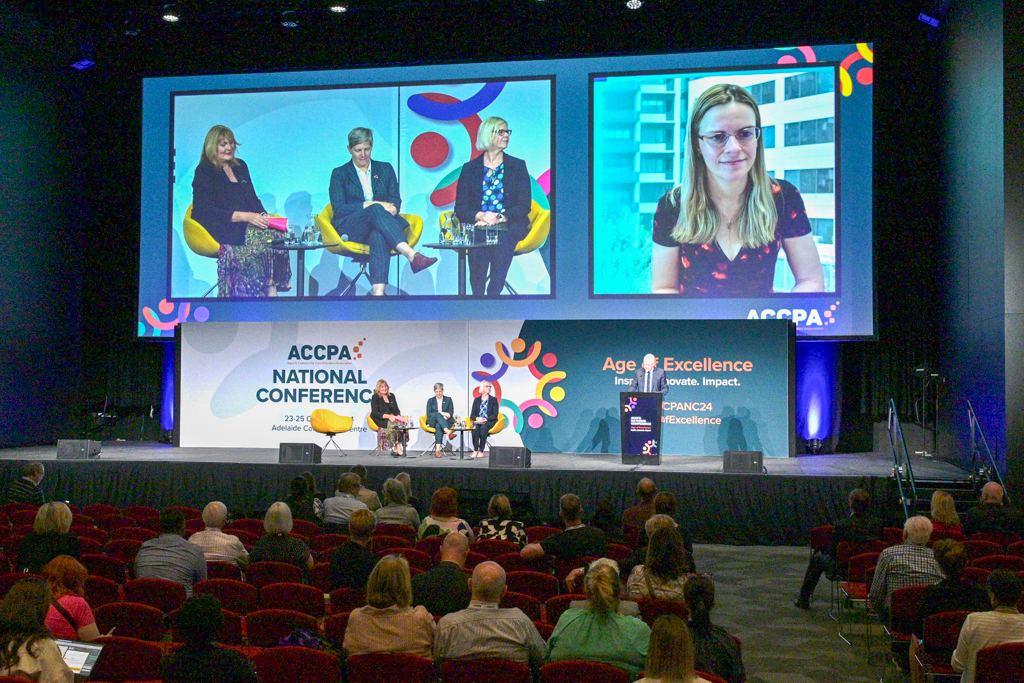
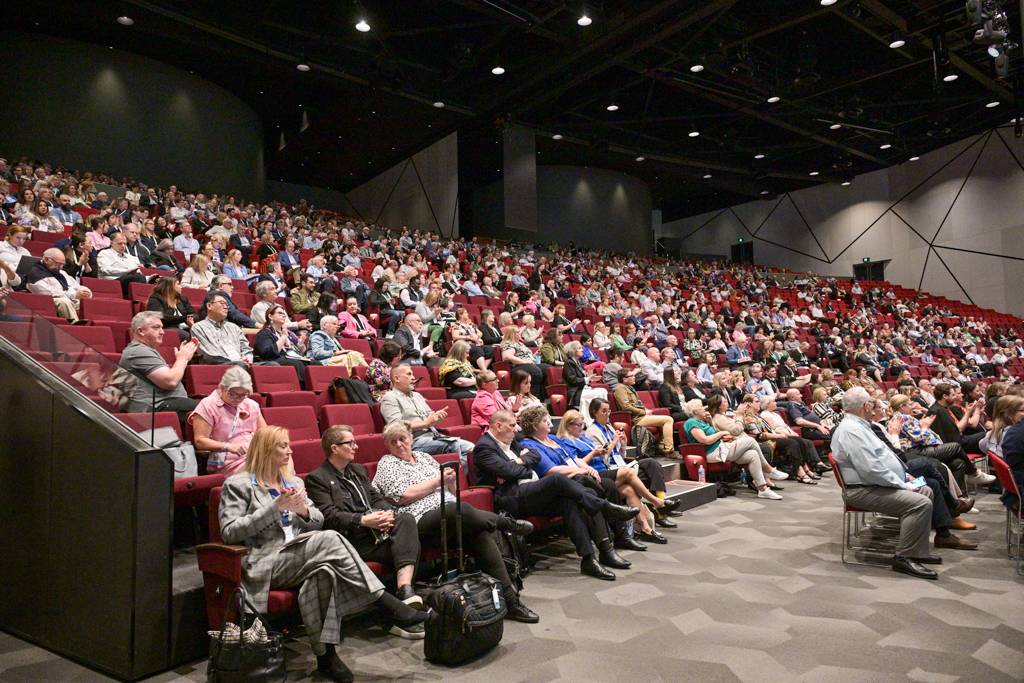
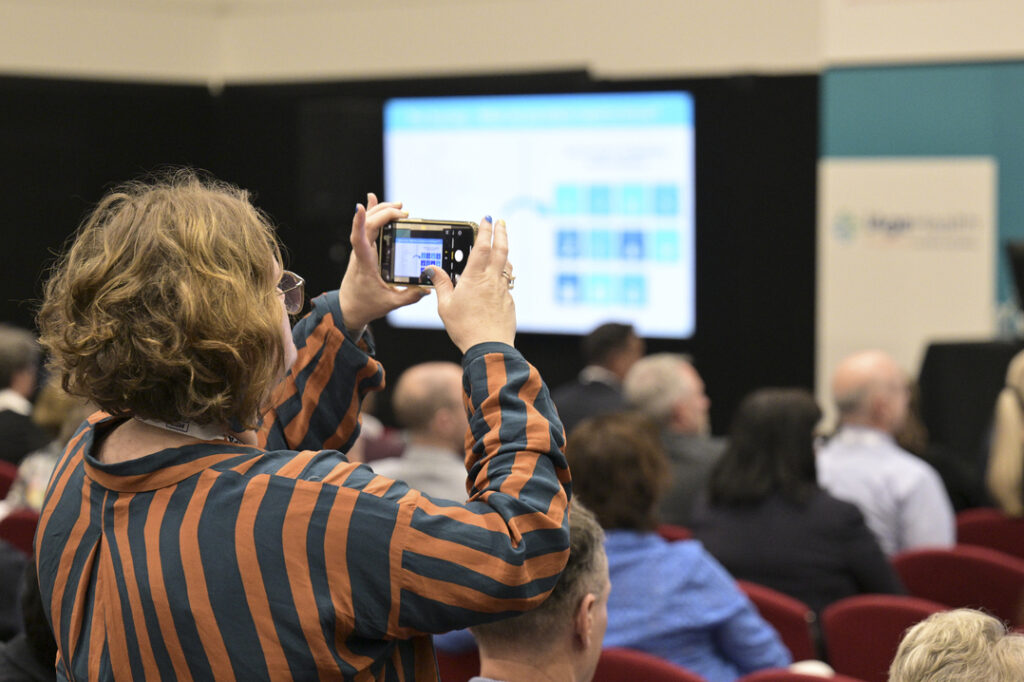
Abstract format options
Strategic thought leadership
Abstracts that encourage high-level thinking, future focused solutions and the vision to explore opportunities for the industry.
Research-based abstracts
Abstracts presenting original research findings, data-driven studies, and evidence-based practices in aged care. These abstracts should contribute to the advancement of knowledge and provide valuable insights into the care of older Australians.
Innovative solutions
Abstracts that showcase novel approaches, technologies or programs that have the potential to improve the quality of care and overall wellbeing of older individuals. These abstracts should highlight practical applications and outcomes.
Case studies
Abstracts sharing real-life case studies or experiences that demonstrate successful strategies or lessons learned in providing aged care services. These should focus on replicable models that have shown positive impacts.
Best practice implementaiton
Abstracts detailing successful implementation of best practices in aged care facilities or organisations. These should provide practical guidance for others looking to adopt similar approaches.
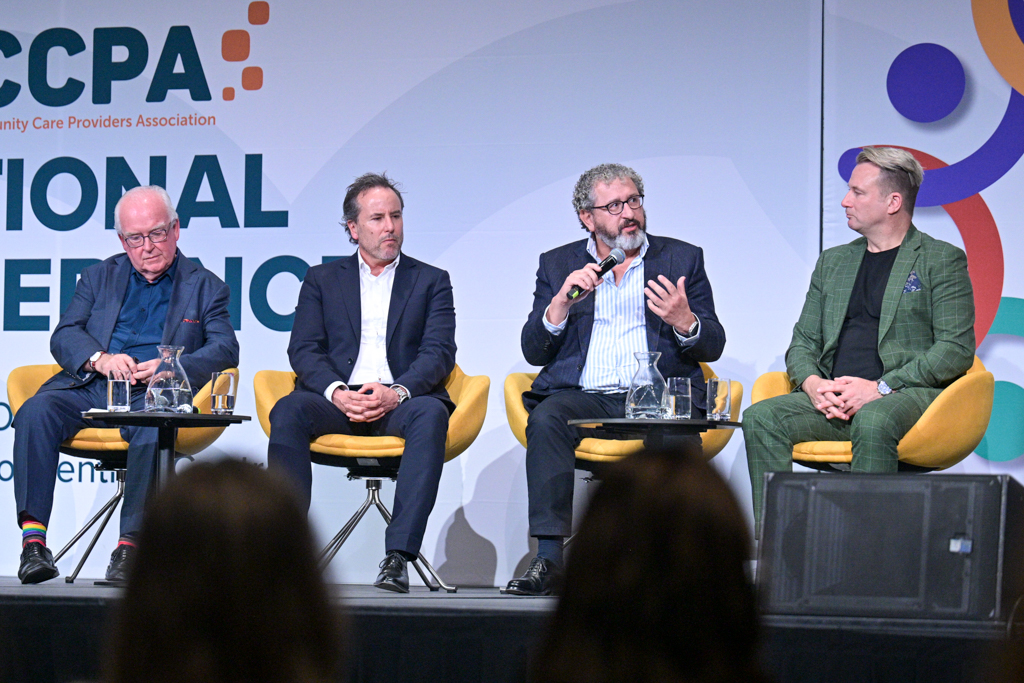
All abstract submissions to the Ageing Australia National Conference 2025 must adhere to the following terms and conditions:
Presentations are not to include self-promotion or of specific products or services, unless they are integral to the context of the topic.
All abstracts must be submitted by 1 August 2025. Unfortunately, submissions received after this date will not be considered. The organising committee must be notified in writing of any additional or co-presenters by 15 August 2025. [email protected]
- Registration is a condition of accepting the offer to present at the conference. All presenters must register and pay by 30 August 2025 to obtain the discounted Abstract Speaker Full Registration rate of $1050.00 or Day Registration rate of $630 including GST. Presenters are responsible for their own accommodation expenses and travel to and from the Ageing Australia National Conference on the Gold Coast.
- Abstracts selected for the program will be published on the conference website and app.
- All abstracts must be submitted electronically via the online submission process. Emailed submissions will not be accepted.